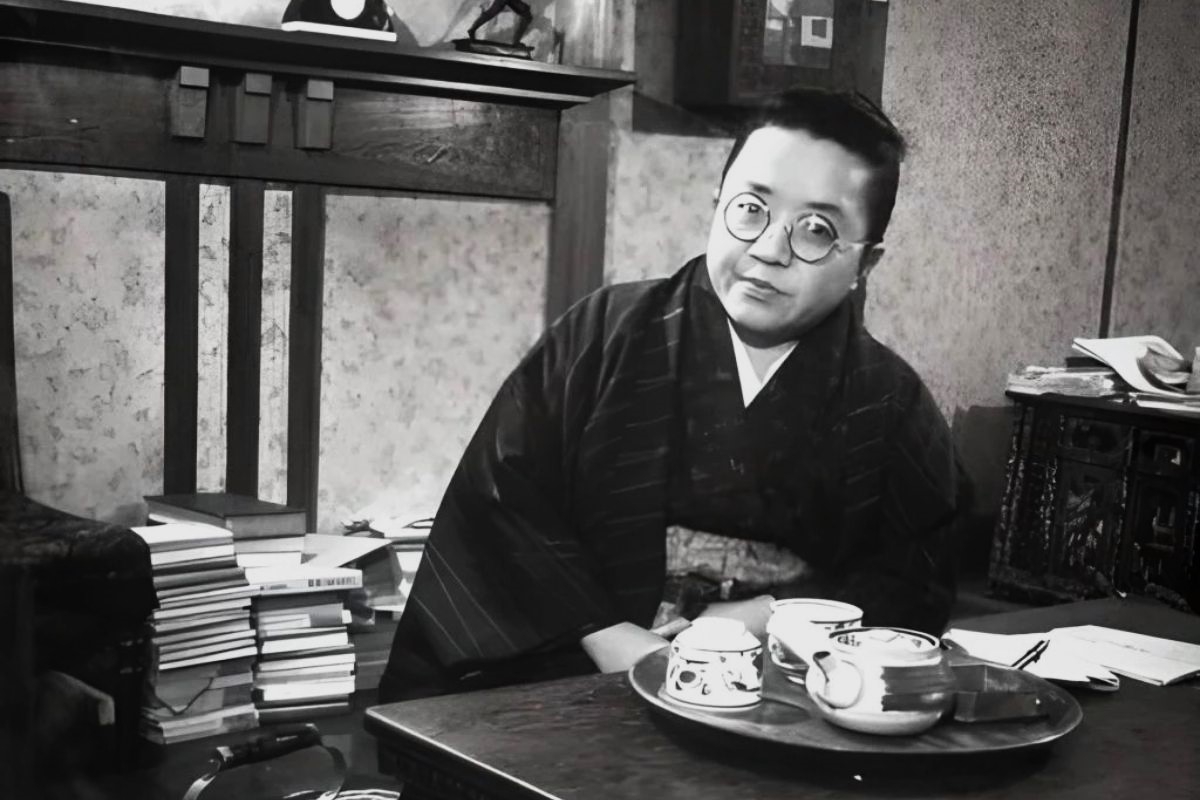
Miyuki Ishikawa is a name that sends chills down many spines. Known as the "Demon Midwife," she was responsible for one of Japan's most shocking crime sprees. Born in 1897, Ishikawa worked as a midwife in Tokyo during the 1940s. Her crimes involved the murder of numerous infants, exploiting the lack of resources and support for impoverished families. Ishikawa believed these children would suffer due to their parents' inability to care for them. Her actions led to a significant legal case, highlighting flaws in Japan's social welfare system. Ever wondered how one person could commit such heinous acts? Let's delve into 35 chilling facts about Miyuki Ishikawa, her life, and her crimes.
Key Takeaways:
- Miyuki Ishikawa, a midwife in post-World War II Japan, committed shocking crimes by neglecting and profiting from over 100 infants. Her case highlights the importance of compassion and support for vulnerable families.
- Ishikawa's actions were driven by financial gain and societal pressures. Her story underscores the need for robust social welfare systems and strict oversight of healthcare professionals to prevent similar tragedies.
Who Was Miyuki Ishikawa?
Miyuki Ishikawa, a midwife in post-World War II Japan, became infamous for her shocking crimes. Her story is both chilling and fascinating, revealing dark aspects of human nature and societal pressures.
-
Miyuki Ishikawa was born in 1897 in Kunitomi, Miyazaki Prefecture, Japan. Her early life remains largely undocumented.
-
She worked as a midwife at the Kotobuki Maternity Hospital in Tokyo. This position gave her significant influence over the care of newborns.
-
Ishikawa's crimes occurred during the late 1940s, a period of economic hardship in Japan. Many families struggled to provide for their children.
-
She was responsible for the deaths of over 100 infants. This staggering number makes her one of the most prolific serial killers in history.
-
Ishikawa's motive was financial. She believed that impoverished parents could not afford to raise their children and charged them for her "services."
-
She collaborated with her husband, Takeshi Ishikawa, and a doctor named Shiro Nakayama. Together, they falsified death certificates to cover up the murders.
The Crimes and Methods
Understanding the methods Ishikawa used provides insight into her cold, calculated approach to her crimes.
-
Ishikawa often neglected the infants, leading to their deaths from malnutrition and lack of care. This method left little physical evidence of foul play.
-
She convinced parents that abandoning their children was in their best interest, exploiting their desperation.
-
Ishikawa charged parents large sums of money for her "services," profiting from their misery.
-
The falsified death certificates listed natural causes, making it difficult for authorities to detect the crimes initially.
-
Ishikawa's crimes went unnoticed for years due to the chaotic post-war period and the high infant mortality rate at the time.
Arrest and Trial
The eventual discovery of Ishikawa's crimes led to a sensational trial that captivated Japan.
-
In 1948, two police officers discovered the bodies of five infants in a temple. This discovery led to a broader investigation.
-
Ishikawa and her accomplices were arrested in January 1948. The case quickly gained national attention.
-
During the trial, Ishikawa showed little remorse, arguing that she was helping society by reducing the number of unwanted children.
-
She was convicted of murder in 1948 and sentenced to eight years in prison. Many felt this sentence was too lenient given the scale of her crimes.
-
Her husband, Takeshi Ishikawa, received a four-year sentence for his role in the murders.
-
Dr. Shiro Nakayama was also convicted and received a similar sentence to Takeshi Ishikawa.
Impact and Legacy
The case of Miyuki Ishikawa had a lasting impact on Japanese society and legal reforms.
-
The trial highlighted the need for better social welfare systems to support struggling families.
-
It also led to increased scrutiny of midwives and maternity hospitals in Japan.
-
Ishikawa's case remains one of the most infamous in Japanese criminal history, often cited in discussions about child welfare and ethics.
-
The story has been the subject of numerous books, articles, and documentaries, reflecting its enduring fascination.
-
Ishikawa's actions are sometimes compared to those of other notorious serial killers, though her motives and methods were unique.
Psychological Profile
Exploring Ishikawa's psychological profile can provide insights into her motivations and mindset.
-
Some experts believe Ishikawa suffered from a narcissistic personality disorder, which may have contributed to her lack of empathy.
-
Others suggest that the extreme stress and trauma of post-war Japan played a role in her actions.
-
Ishikawa's ability to manipulate parents and authorities indicates a high level of cunning and intelligence.
-
Her lack of remorse and justification of her actions suggest a deep-seated belief in her own moral superiority.
Societal Context
The societal context of post-war Japan is crucial to understanding Ishikawa's crimes.
-
Japan faced severe economic hardship after World War II, with many families living in poverty.
-
The high infant mortality rate and lack of social support systems created a desperate situation for many parents.
-
Ishikawa exploited these conditions, presenting herself as a solution to the problem of unwanted children.
-
The chaotic post-war period also meant that authorities were often overwhelmed, allowing her crimes to go undetected for years.
Modern Reflections
Reflecting on Ishikawa's case in modern times can offer lessons for today.
-
The case underscores the importance of robust social welfare systems to support vulnerable families.
-
It also highlights the need for strict oversight and regulation of healthcare professionals.
-
Ishikawa's story serves as a reminder of the potential for human cruelty when societal pressures and personal gain intersect.
-
The case continues to be studied by criminologists and psychologists, offering insights into the mind of a serial killer.
-
Miyuki Ishikawa's legacy is a stark reminder of the dark side of human nature and the importance of compassion and support for those in need.
Final Thoughts on Miyuki Ishikawa
Miyuki Ishikawa's story is a chilling reminder of how societal pressures and lack of support can lead to tragic outcomes. Her actions, though horrifying, highlight the desperate situations faced by many during post-war Japan. Ishikawa's case underscores the importance of social safety nets and mental health support. It's a stark example of how neglect and desperation can drive individuals to commit unthinkable acts. Understanding her story helps us grasp the complexities of human behavior under extreme stress. It also serves as a cautionary tale about the consequences of inadequate social systems. By learning from the past, we can work towards a future where such tragedies are less likely to occur. Miyuki Ishikawa's legacy, though dark, pushes us to reflect on our responsibilities towards vulnerable populations. Let's strive to create a society where everyone has the support they need.
Frequently Asked Questions
Was this page helpful?
Our commitment to delivering trustworthy and engaging content is at the heart of what we do. Each fact on our site is contributed by real users like you, bringing a wealth of diverse insights and information. To ensure the highest standards of accuracy and reliability, our dedicated editors meticulously review each submission. This process guarantees that the facts we share are not only fascinating but also credible. Trust in our commitment to quality and authenticity as you explore and learn with us.


